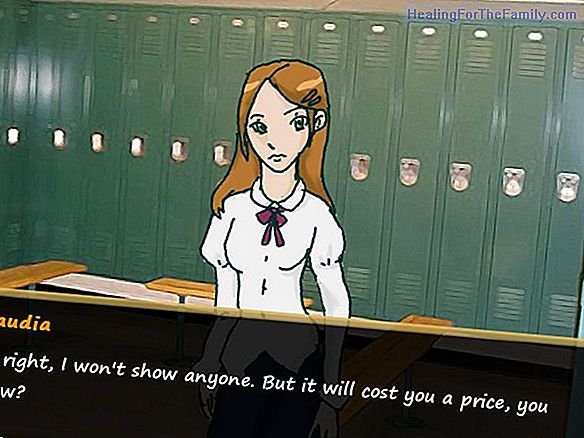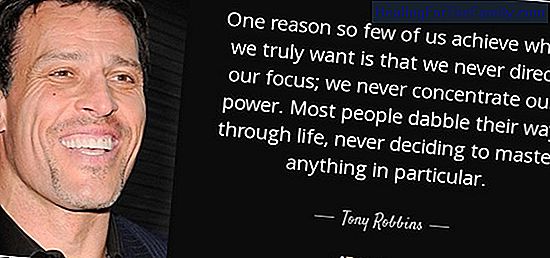How to educate the child sneak
It is from four years when children begin to have an awareness of honesty, something that will make you understand the rules that must meet both he and others. When someone does not follow those 'rules' imposed by adults, they have the need to tell adults to remedy such 'injustice'. When a child is
It is from four years when children begin to have an awareness of honesty, something that will make you understand the rules that must meet both he and others. When someone does not follow those 'rules' imposed by adults, they have the need to tell adults to remedy such 'injustice'.
When a child is 'chiva' that something is happening is essential adult performance, so that parents will have to act quietly to know what actually happens before acting or decide consequences.
Never punish your child without seeing what has happened

Even if a child is cheated of what is happening, the adult can never punish the acts he has not seen by his own eyes even if what happened is evident.
Sneaky children who want justice to be done first of all, are in a certain way looking for a response from the adult to what they have just said. It is a way of wanting to 'handle the situation', for this reason adults have to stay calm all the time and offer answers like 'I'll take care of it later'. In this way the sneak child will see that his accusation has not had an immediate success, which in a way is what he was waiting for at the moment of going to chivar things.
If what the sneaky child said was true and the other child had to be scolded, it should always be done outside the presence of the accuser, if you react excessively the child will see that sneaking is a positive attitude and will reinforce the behavior of chivar both for the sneaky child and for the other child. Furthermore, when the sneak kid is bullied to annoy another child, this behavior can not be reinforced since the objective is not to warn of any danger, but only wants to annoy another.
How to differentiate the sneak kid from the informant
In the event that the child really cheats on something to avoid damage, in this case it is always necessary to reward the snitch that passes from 'sneak' to 'informant', so that you can have an attitude of gratitude, something that when it comes to other types of information you have to take away the importance of that 'tip-off'.
In most cases these accusations are usually consequences of wanting to call attention or jealousy for some reason, in addition the child may also have low self-esteem. In this sense, it is very important to work from a very young age on empathy in children, to teach them to tell the truth and to understand that gossip is not the same as relevant information.
Empathy will make you understand the harm it can cause to another child when you accuse, so that over time you can understand when a person may feel humiliated and when things can really be told. Sometimes it will be more than enough to use the simple phrase: 'Do not laugh at Lucas (or the name of the accused child), would you like them to do the same to you?'












